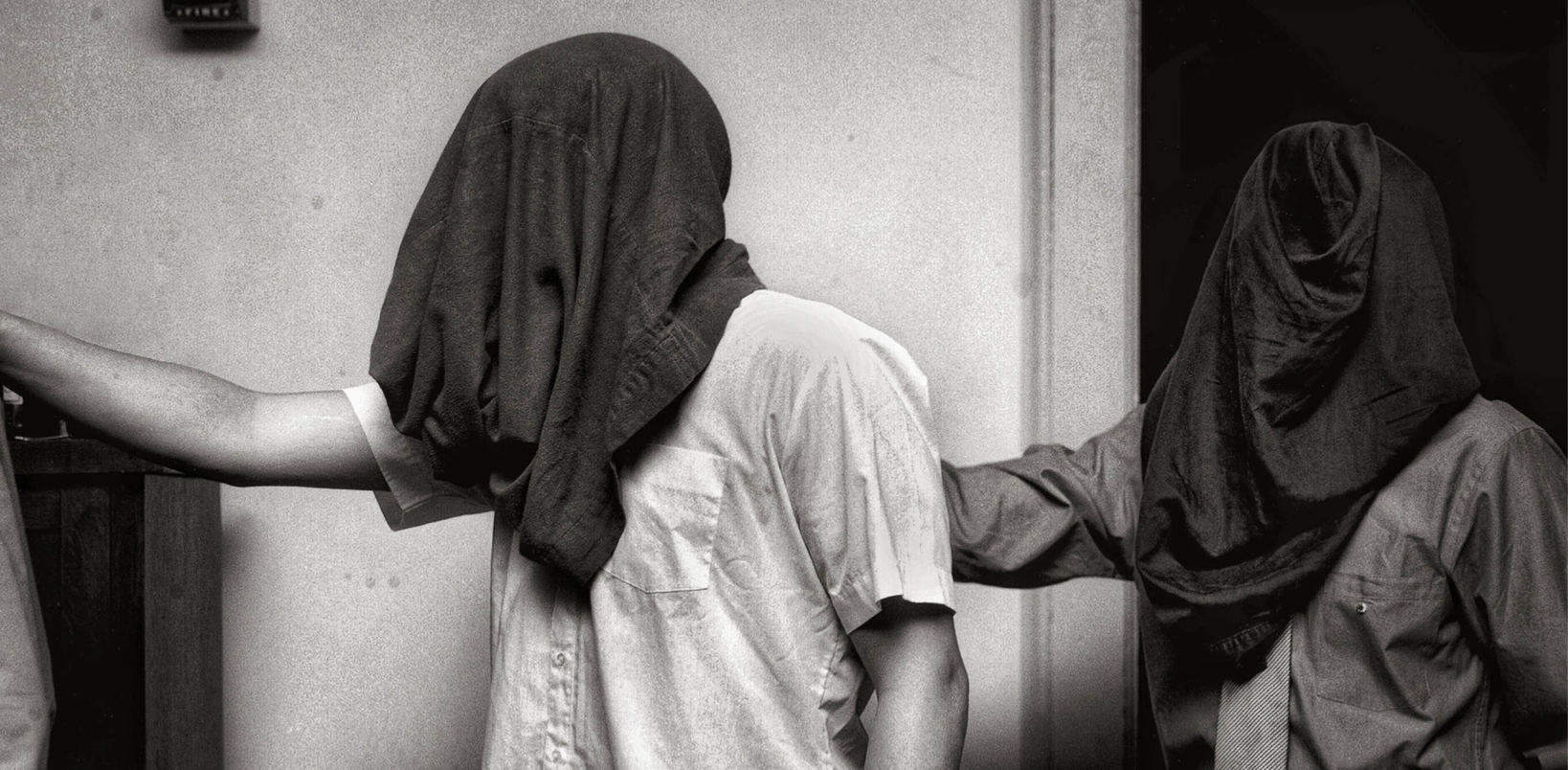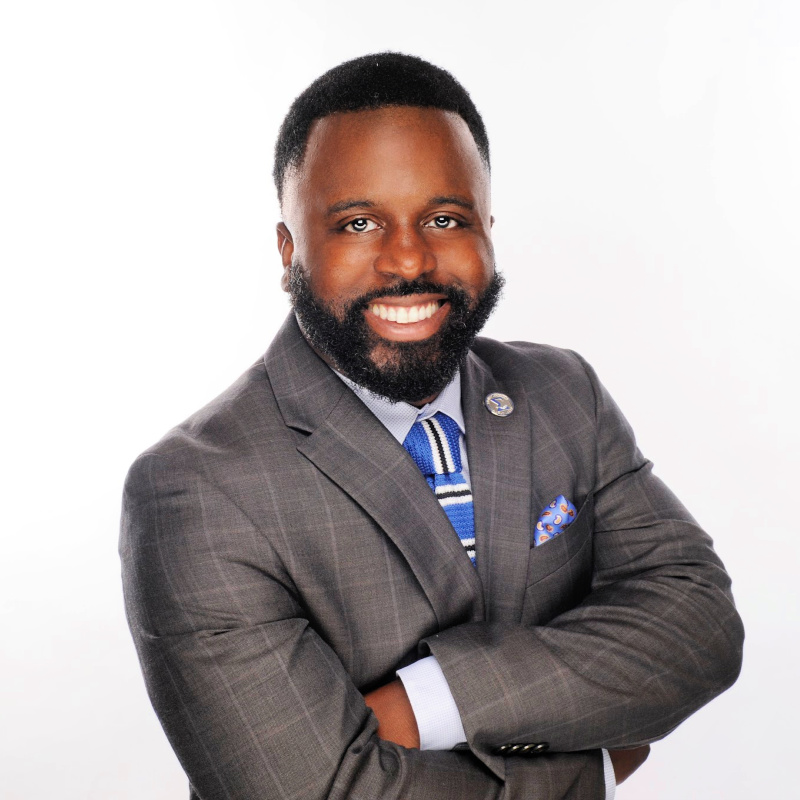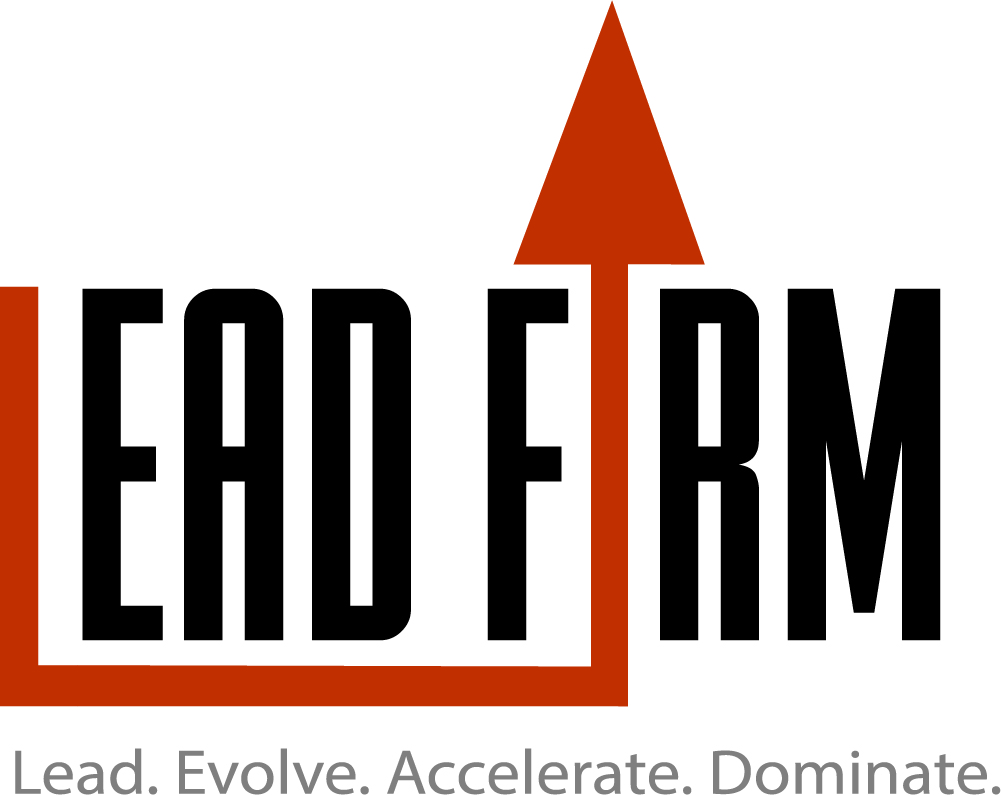
Overview
Learning Outcomes
- Initiate change in the value proposition perceived from hazing.
- Provide a clear, all-encompassing definition for hazing.
- Establish accountability partners to assist in hazing prevention.
- Dispel myths associated with hazing versus non-hazing.
- Start the conversation for future hazing prevention initiatives.
- Audience will make a community pledge to end hazing and culture of hazing.
Relevancies
In business, hazing has been minimized as more of a right of passage. The workplace, however, has historically been known for treating employees differently based on their organizational hierarchy, tenure with the company, extenuating circumstances, age, etc. In reality, these personal attributes should not matter; in this program, for this audience, we explore how these concepts still exist today and how to combat them.
For over a century, Greek Letter Organizations have intrinsically been tied to the topic of hazing. In this presentation, our audience is called upon to define hazing, understand what hazing is, and determine best practices in eradicating “hazing” from the traditions practiced on universities across America.
Hazing and high-performance sports have never complemented one another. Leading up to 2020, we’ve seen unprecedented, unfortunate deaths associated with hazing in sports. In this version of the presentation, we explore hazing from a sports-centric perspective. Let’s work together to figure out how to separate hazing from athletics.
Times have changed. During Vietnam, there were certain expectations that existed then that don’t exist now. For instance, these days, soldiers have dedicated counseling and social services. Our hope, is that through this program, we can help reach military personnel and thus increase their mental effectiveness, adaptability, and most of all, decrease the hazing that has run rampant through military culture.
Speaker

Jarrod Benjamin
Mr. Jarrod D. Benjamin is the Florida International University Cybersecurity Apprenticeship Program Director and Adjunct Professor. He currently manages and develops curriculum embedded certifications for the Jack D. Gordon Institute for Public Policy. He serves as a subject matter expert on the $3 million dollar Intelligence Community-Center of Academic Excellence consortium grant. His work on this grant provides a career pipeline for students to receive career opportunity in the Intelligence Community. Jarrod specializes in various business related issues, anti-hazing, and urban development.
